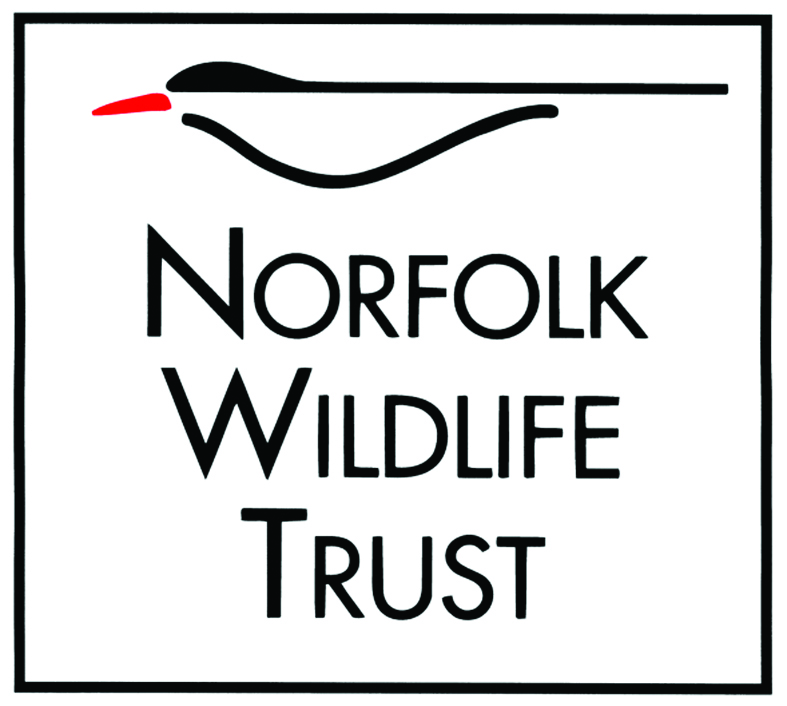Our Hickling Broad nature reserve has become a haven for spoonbills in recent years, thanks to a combination of habitat management and an increasing British population. However, this is the first summer that chicks have successfully hatched.
Robert Smith, our Senior Reserves Assistant for Broads North, says: "It has been a privilege to monitor the spoonbills over the past few years at Hickling and now we can officially celebrate the return of a former lost breeding species to the Broadland landscape with the first fledged spoonbill here since the mid-17th century.
"Watching the fledgling flying around the reserve and hearing its trilling begging call as it pesters its parents for food is a truly wonderful sight and sound. It shows that our work to enhance the habitats on our reserves and across Norfolk is hugely important to the survival of our wildlife, including visitors such as the spoonbill."
The spoonbill is a large white heron-like species that stands at three feet tall and has a wingspan of four feet. It gets its name from its long bill, which has a flat spoon-shaped tip. The species is of European conservation concern and a very rare breeding bird in the UK. It is believed that there are just eight breeding sites in the whole of England.
